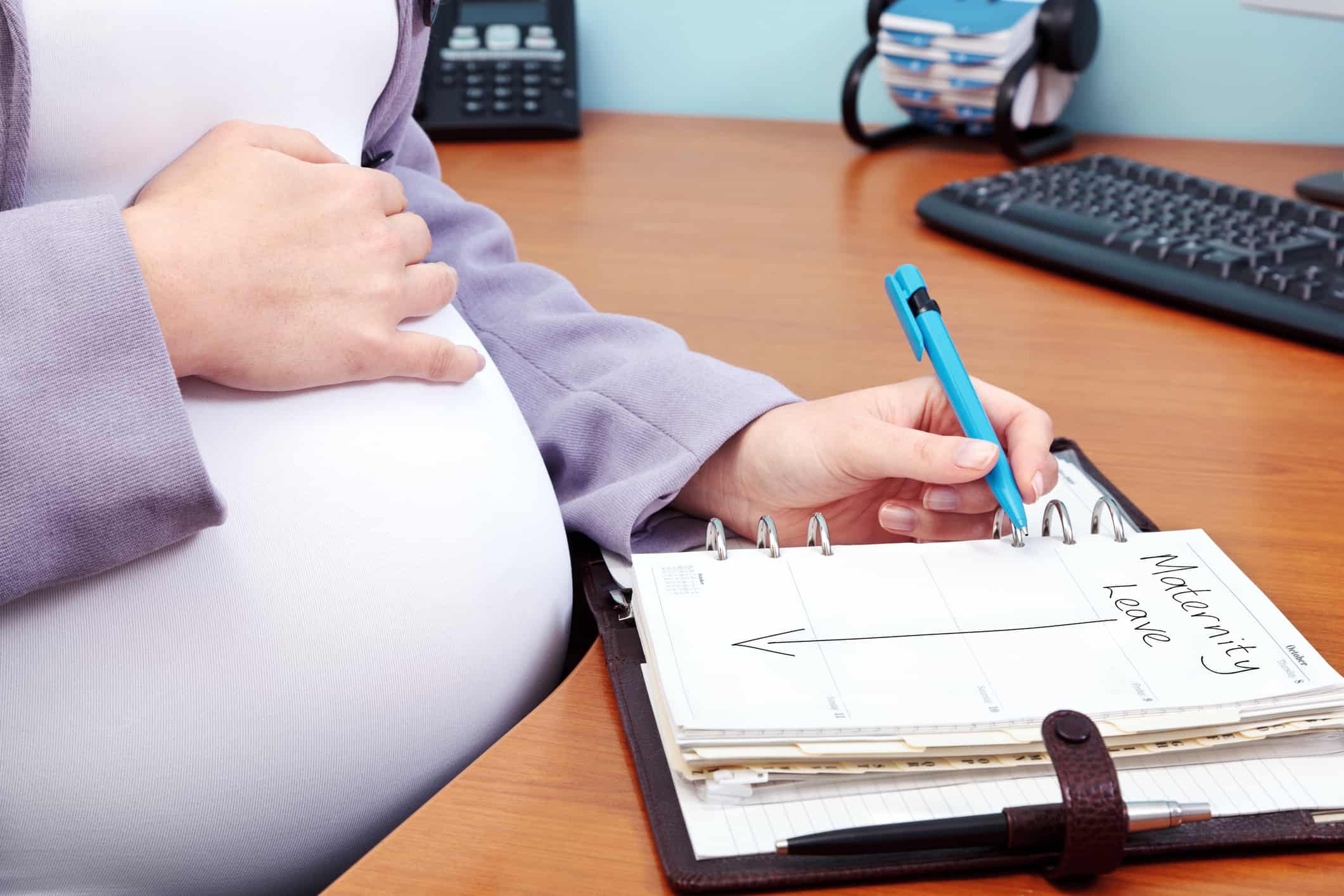In general, the Czech Republic is a great place to live and work thanks to its low costing of living, quality of life, and celebrated work/life balance. Whether you’re considering a move to Prague or the Czech Republic or already live here and are aiming to grow your career, here are some great, and not so great, factors to consider before joining the local workforce:
Pro: A Good Place to Start a New Career

The Czech capital of Prague, as well as a handful of other cities in the Czech Republic including Brno, are home to numerous local outposts of major international companies. The recent surge in job opportunities brought about by record unemployment and growing demand for talented bilinguals means not only more opportunities and room for growth but the ability to transition industries and start a new career as many companies are seeking talented candidates—not past experience.
Pro: You’ll Get a lot of Vacation Time

Employees in the Czech Republic benefit from having among the greatest number of public holidays in Central Europe and—comparatively speaking—the world. In 2018, the Czech Republic will have had 13 bank holidays outranking the UK (9) and France (11). Full-time employees are entitled to a vacation package of 25 paid days per year.
Pro: You Can Take Advantage of Some Great Job Perks

🌟 Customer Care Specialist FR – Prague 🌟

Pet-friendly offices, guitar lessons, on-site daycare, flexible working hours, book vouchers, and more—a number of local companies offer these somewhat unusual benefits to employees. But according to a 2016 survey by recruitment agency Hayes which polled 1,500 employees, meal vouchers and canteen subsidies were the most popular benefit granted by employees: 71% of employers in the Czech Republic use them as an employee benefit.
Pro: One of the Most Generous Maternity Leaves In Europe

According to recently published data from the OECD, the Czech Republic is among the top 10 countries in the world for paid maternity leave, offering new mothers just over 60% of their salary for 28 weeks. In February 2018, the country granted seven days paid paternity leave to fathers. The new seven-day entitlement, which allows fathers to claim up to 70% of their salary, is intended to encourage their early involvement in childcare.
Discover your new career by browsing 1000s of the latest vacancies at the Expats.cz Job Server.
Con: The Gender Pay Gap Is Among the Widest In Europe

According to Eurostat, the difference in earnings for men and women in the Czech Republic is 21.8%, the second highest figure in the European Union. When it comes to specific industries, the Czech Republic has the biggest IT gender pay gap in Europe with a staggering with a staggering 32.5% difference between the two sexes.
Con: Czech Salaries Are Low Compared to Other European Countries

On a list of average salaries in European Union member countries, the Czech Republic ranks #20 out of 28. High contributions to taxes and health insurance are often cited for reasons for lower wages as is the Czech tendency to not push for higher salaries; in one recent survey, 54 percent of foreigners living and working in the Czech Republic said that their income is lower than it would be in a similar position back home. Late last year, the average Czech salary exceeded 30,000 CZK for the first time; more recently the average salary in Prague passed 40,000 CZK, but compared to other European countries, wages in the Czech Republic are significantly lower.
Find out the average salaries in your sector at our handy 2018 Prague Salary Guide.
Con: It Has the Fourth-Longest Work Week In Europe

Eurostat Data based on average hours worked by full-and part-time workers shows that the Czech Republic with the fourth-longest work week in the European Union at 40.3 hours per week (Greece racks up the longest at 42.3). The good news: it was recently reported that a new initiative among labor unions wants to shorten the workweek by up to 2.5 hours, while maintaining the same level of income, sometime within the next four years.
Con: The On-Going Bureaucracy of Getting a Work Permit

Being able to legally work in the Czech Republic may require a bit of red tape, especially if your relocation isn’t sponsored by an employer. Obtaining a work permit, however, is necessary for foreigners who seek employment here, though the work visa procedure will differ between EU and non-EU citizens (the former of which does not require a work permit). Finding a job and employer who wants to hire you is the first step in what can be a lengthy process (for more about work permits/visas download our online Survival Guide).













 Reading time: 3 minutes
Reading time: 3 minutes 

 English
English
 Swedish
Swedish
 Finnish
Finnish
 Danish
Danish
 Polish
Polish



















